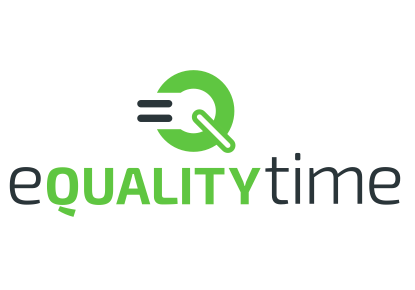This week we published a book and used a new experimental (and very cool)
collaborative writing platform to do it.
On Friday we published Catherine’s Canvas. It was written by a group of creative writing students at UCLAN, and it’s a dark tale of murder and abuse. It’s always awesome to watch writers grow as they put together their novel and it’s pleasantly different when it’s university students – they are less taken with the ‘wow’ factor than secondary school students, and the technical changes are more subtle (but, amazingly, still there) but there is a definite change in their mindset.
While I always like seeing a group develop over the course of the week, there’s more news: this week was the first trial of IMPS3.
“What’s IMPS 3? For that matter, what’s IMPS?” you might reasonably ask.
IMPS is the technical backbone of the White Water Writers project. It’s the software that sources all the different files that the authors write in, combines them, analyses typesets them, and produces the print-read pdfs and epubs that are uploaded to Amazon at the end of our writing weeks.
History
The first version of IMPS was cobbled together from odds and ends in about 2009 and randomly updated whenever an error occurred or a need arose. It first accessed the writers’ text in a custom wiki and then moved on to using Google Drive.
The second IMPS 2 was launched last year, when we started moving our servers to AWS. It is a much more stable, much happier system, and it added features like native ebook creation. It follows the same basic structure as IMPS 1 and is even mostly the same code, but updated and refactored into something a bit easier. It also relies on Google Drive as a front end.
What’s different about IMPS 3?
IMPS 3 is written entirely from scratch and it has let go of Google Drive in favour of our own editor (under the hood it’s using the etherpad engine). So we now have our very own collobartavie writing platform.
Compared to IMPS 2 it is blindingly fast (I wrote a script that used IMPS 2 this morning and was amazed how it suddenly seemed to drag) .
This week was the first time I’ve let real writers use IMPS 3, and I was waiting for a fairly advanced group for two reasons:
- In case it went wrong
- Because they would be a challenge for the code.
I’m pleased to say that the code held up and the writers got to play with completely new features like:
- their own dashboard for their character;
- new ways of viewing structure;
- a new ordering system that makes it easier to move, discard, and reorder scenes.
There is still work to do before I can deploy it to all camps: while it’s stable enough for me to use, it’s unfair to give it to other camp leaders yet. I’ve got a long list of improvements to make.
Does the software you use really matter?
Yes, because tools shape stories. We ask our writers to do a monumental thing: write an entire novel in a week. And the more we can support them, the better they do and the more they grow. If we make it easier for them to see plot holes earlier then feel safer encouraging complex twisting plotlines. If we make it easier to quickly reorder scenes then we make it easier for our writers to really think about the rhythms of the novel.
Why is it called IMPS
It’s the Infinite Monkey Protocol Suite (IMPS) and is based on the ‘real’ (although published on 1st April) protocol here.
The abstract from the document includes:
This memo describes a protocol suite which supports an infinite number of monkeys that sit at an infinite number of typewriters
And so you can see why I took the name when I wrote the code.
